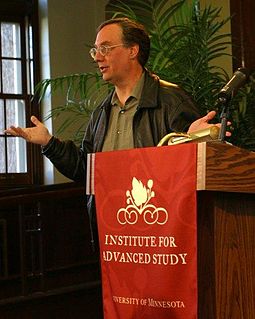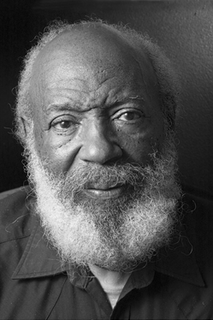A Quote by Juan Cole
But September 11 marked a big change in the sense that the public was suddenly interested, and as a professor at a public university I felt a responsibility to respond to all of the inquiries about the Islamic world.
Related Quotes
If the government were to invest that money in higher education and public services, these would be far better investments. But administrators and academics in the U.S. for the most part don't make these arguments; instead they have retreated from defending the university as a citadel of public values and in doing so have abdicated any sense of social responsibility to the idea of the university as a site of inspired by the search for truth, justice, freedom, and dignity.
I think failing the qualifying or the 11-plus actually hurt me more than I realised. After I'd become a professor of physics at the Open University, I suddenly thought, 'This is a bit silly.' So I suddenly became much more open about it. But I think probably I was hurt by the failure and didn't want to talk about it.
If the air quality is terrible in Los Angeles, if a particular university is unusually expensive, if crime is on the rise in Dallas, or if a company has a lot of recalled toys, transparency can spur change. Whenever public or private institutions have to answer to the public, their performance is likely to improve.
Many university presidents assume the language and behavior of CEOs and in doing so they are completely reneging on the public mission of the universities. The state is radically defunding public universities and university presidents, for the most part, rather than defending higher education as a public good, are trying to privatize their institutions in order to remove them from the political control of state governments. This is not a worthy or productive strategy.
Many faculty retreated into academic specializations and an arcane language that made them irrelevant to the task of defending the university as a public good, except for in some cases a very small audience. This has become more and more clear in the last few years as academics have become so insular, often unwilling or unable to defend the university as a public good, in spite of the widespread attacks on academic freedom, the role of the university as a democratic public sphere, and the increasing reduction of knowledge to a saleable commodity, and students to customers.


































